The welcome mat is still out, but now it comes with a rule book.

For years, Europe’s most beautiful cities have been grappling with the double-edged sword of mass tourism. The same visitors who fuel their economies have also overwhelmed their infrastructure, priced out locals, and eroded their unique character. Now, in 2025, many of these beloved destinations are saying “enough is enough” and are implementing a wave of new rules and restrictions aimed at controlling the crowds.
For travelers, this means the freewheeling days are over. A visit to these iconic cities now requires more planning and a greater respect for the rules.
1. Rome, Italy has banned wheeled luggage in some historic areas.
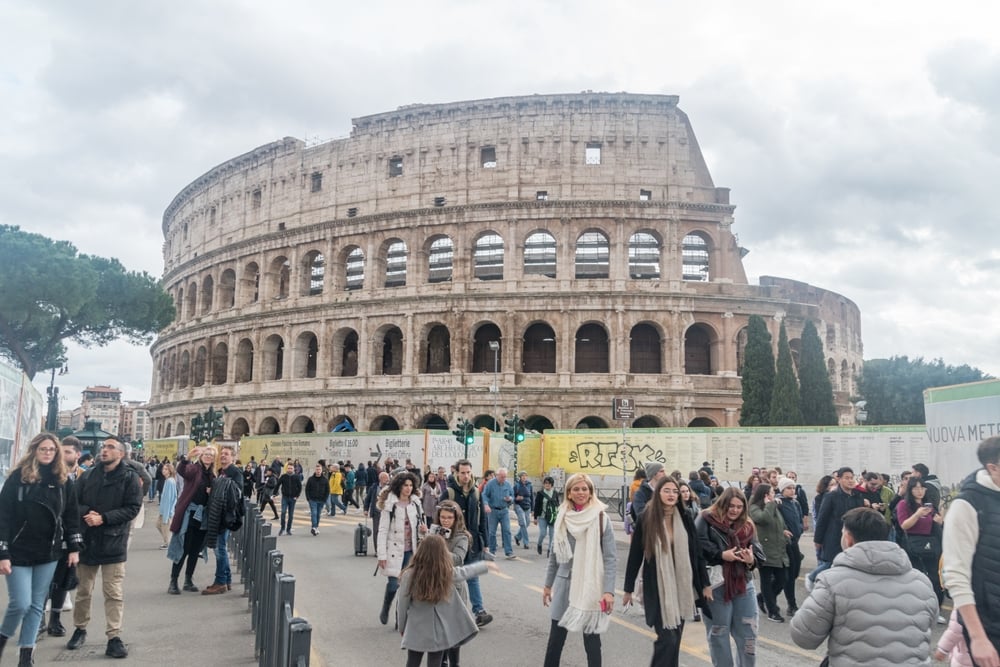
In a bold and controversial move to reduce noise pollution and preserve its ancient stone streets, the city of Rome has implemented a ban on hard-wheeled luggage in certain pedestrian-only historic zones, particularly at night. The constant clatter of thousands of rolling suitcases was becoming a major source of complaints from residents, as reported by Euronews. Tourists are now being encouraged to use luggage with soft, rubber wheels or to carry their bags in these designated “quiet zones.” This new rule is a clear signal that the city is prioritizing the livability for its residents over the convenience of tourists.
2. Lisbon, Portugal is enforcing “quiet hours” for Airbnbs.

The city of Lisbon is cracking down on the noise and disruption caused by short-term rentals in its historic residential neighborhoods. The city has enacted a new “quiet hours” ordinance that applies specifically to tourist accommodations, with steep fines for both the guests and the host for any noise complaints after 10 p.m. This is a direct response to the long-standing problem of party-focused tourists treating residential apartment buildings like hotels. The city is sending a clear message that its historic neighborhoods are homes, not just party zones, according to The Economic Times.
3. Prague, Czech Republic is cracking down on public drinking.
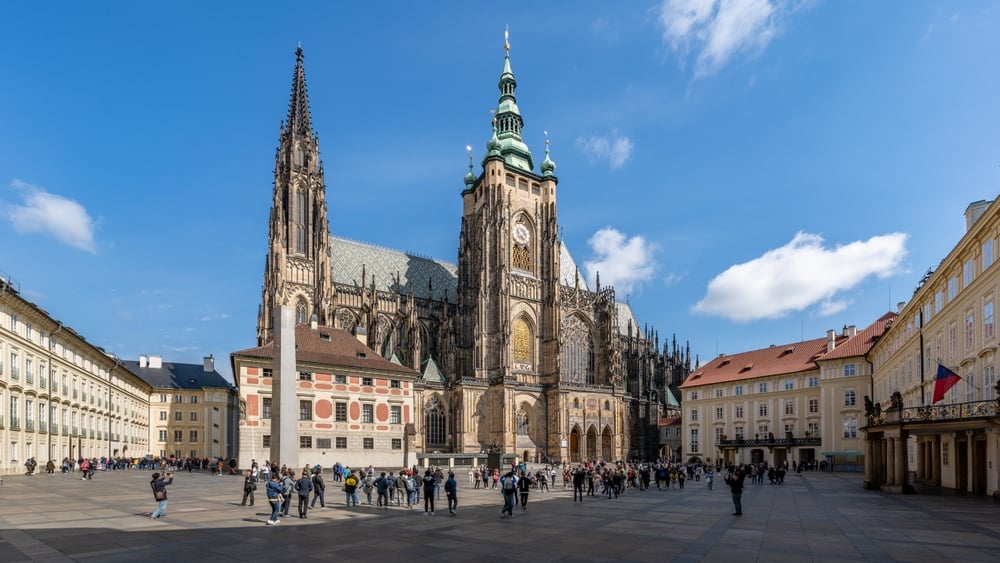
Prague has long been famous as a budget-friendly destination for bachelor parties and pub crawls, but the city is now actively trying to shed this reputation. In 2025, a new, much stricter enforcement of the city’s public drinking ban is in effect, particularly in the historic Old Town Square. The city has increased the number of police patrols and is issuing on-the-spot fines to tourists who are drinking in public outside of a licensed bar or restaurant patio, as mentioned in Lonely Planet. It is a major effort to curb the rowdy behavior that has plagued the city.
4. Paris, France is imposing a new “sustainable tourism” tax.
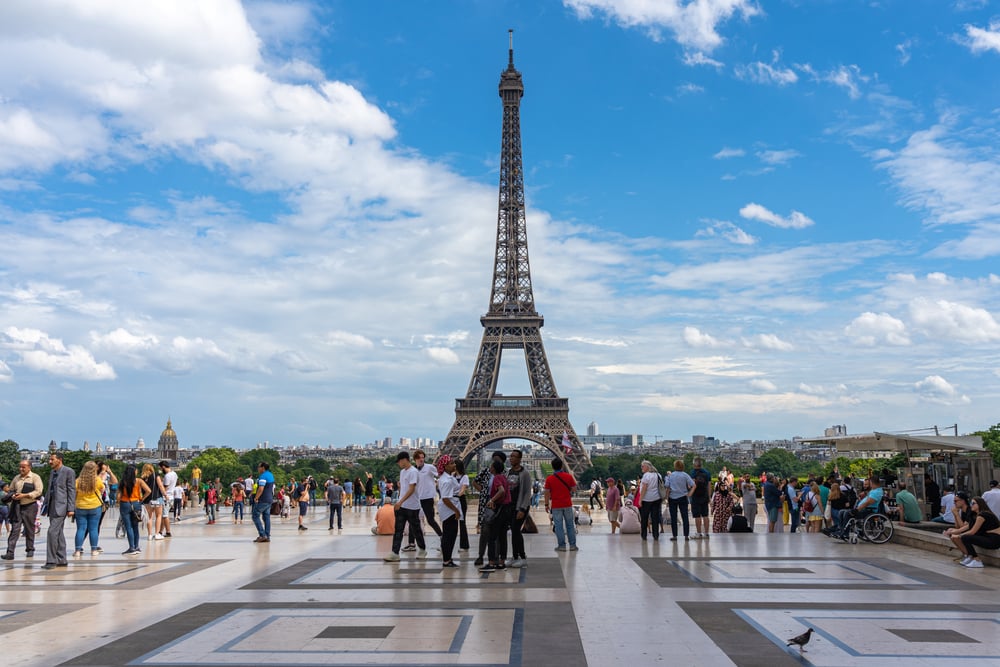
To fund its ambitious environmental goals, the city of Paris has introduced a new “sustainable tourism” tax. This is a tiered city tax that is added to hotel bills, with the amount varying based on the hotel’s environmental rating. Luxury, five-star hotels that have not met certain sustainability standards will be hit with the highest tax, while smaller, eco-certified hotels will have a lower rate. This new policy is designed to incentivize the entire hospitality industry to become greener and to make tourists more conscious of the environmental impact of their choices.
5. The Cinque Terre, Italy now requires a trail pass for hiking.

The stunningly beautiful hiking trails that connect the five villages of the Cinque Terre have become a victim of their own popularity, suffering from extreme overcrowding and erosion. To manage the number of hikers and to fund the necessary trail maintenance, the park has implemented a mandatory “Cinque Terre Trekking Card.” This pass, which must be purchased in advance online, is required to access the most popular coastal trails. The number of passes sold per day is limited, so booking ahead during peak season is now absolutely essential.
6. Edinburgh, Scotland has introduced a “festival levy”.

The city of Edinburgh, which more than doubles in population during its famous summer festivals, has introduced a new “Transient Visitor Levy” to help it cope with the massive strain on its public services. This is a small, per-night fee that is added to all accommodation bills during the peak festival month of August. The revenue generated by the tax will be used to help pay for the extra street cleaning, policing, and infrastructure that the festival requires. It’s a way of making the millions of visitors contribute directly to the costs of the event.
7. Amsterdam, Netherlands has banned large tour groups from the city center.
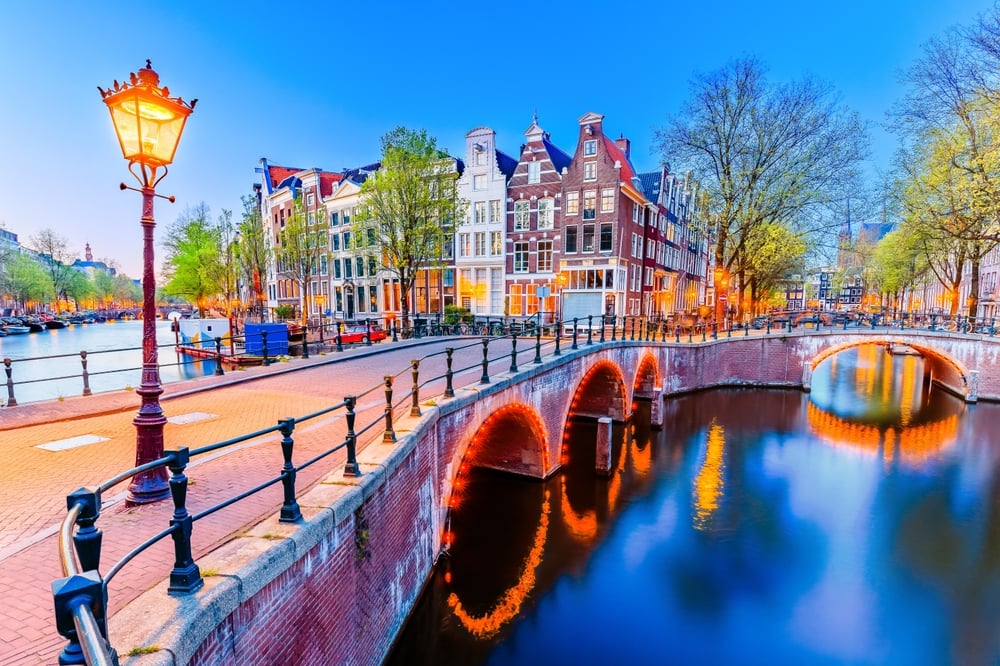
As part of its ongoing battle against overtourism, Amsterdam has implemented a new rule that bans guided tour groups of more than 15 people from the city’s medieval center, which includes the Red Light District. The city found that these large, slow-moving groups were a major cause of congestion on its narrow, historic streets. The new rule is designed to improve the flow of traffic for both residents and other visitors and to reduce the general sense of overcrowding in the most popular areas of the city.
8. Florence, Italy now requires pre-booking for all major museums.
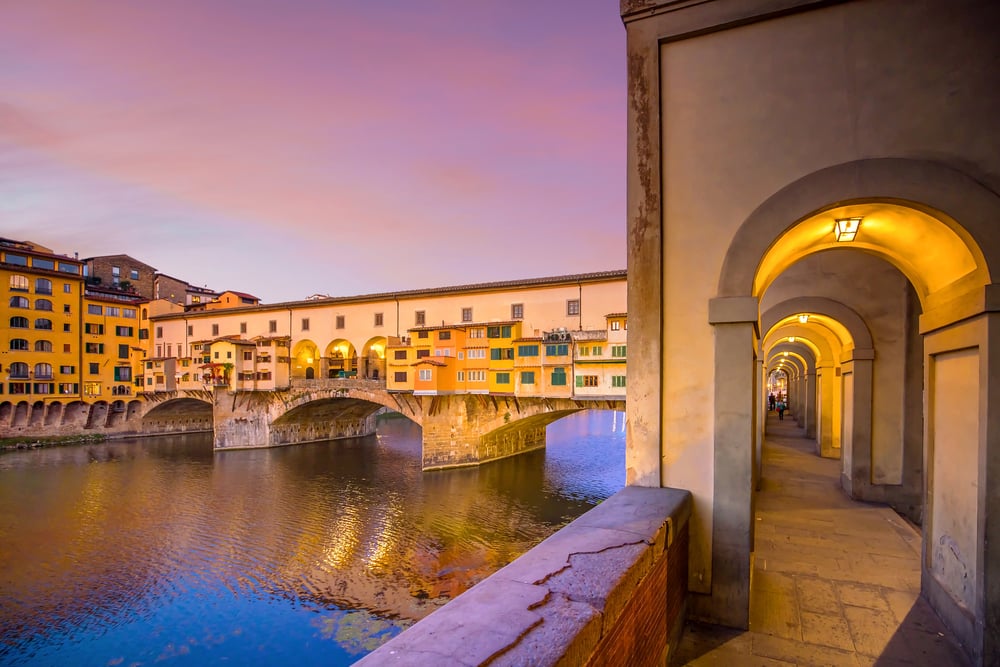
The days of waiting in a long line to get into a museum in Florence are over, because you will likely be turned away. To manage the immense crowds, it is now effectively mandatory to pre-book a timed-entry ticket online for all of the city’s major museums, including the Uffizi Gallery and the Accademia Gallery, where the statue of David is housed. This is true even during the off-season. Tickets for popular time slots can sell out weeks or even months in advance, so spontaneous museum visits are no longer a viable option.
9. Barcelona, Spain has limited the size of its cruise ship port.
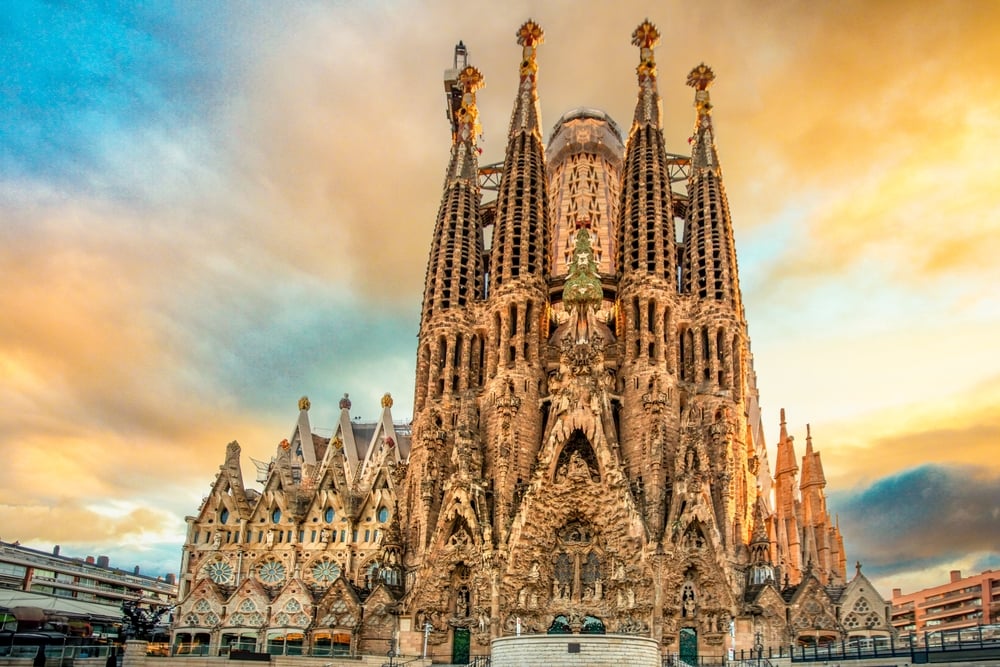
The city of Barcelona has finally taken action to limit the number of mega-cruise ships that can dock at its port on any given day. The city has closed one of its main cruise terminals and has implemented a new cap on the number of ships that can be in the port at one time. This is a direct response to the demands of residents who have argued that the thousands of cruise passengers who descend on the city for just a few hours each day are a major cause of overcrowding in the Gothic Quarter.
10. The ETIAS and UK ETA systems are now fully operational.

In the biggest change for American travelers, both the European Union and the United Kingdom now require a mandatory electronic pre-authorization for all U.S. citizens. For the Schengen Area, which includes countries like Italy and France, you must apply for the ETIAS online before your trip. For the United Kingdom, you must apply for a separate authorization called the ETA. Both are simple online applications, but they must be done in advance. Showing up at the airport without these mandatory pre-approvals will result in being denied boarding.
